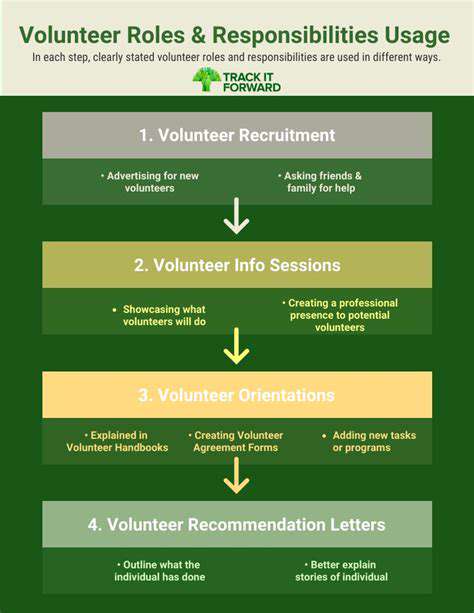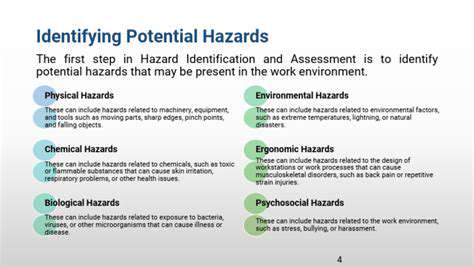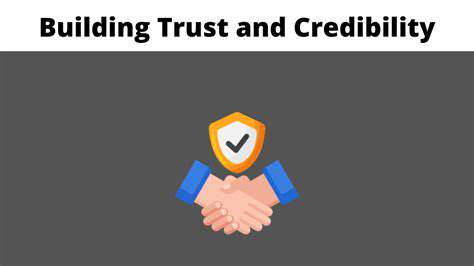Dealing with Pet Anxiety During Storms or Fireworks
Utilizing Desensitization and Counter-Conditioning Techniques
Understanding Desensitization
Desensitization, a cornerstone of behavior modification, works by slowly introducing pets to things that scare them, such as loud sounds or new people. The key is to begin with very mild exposure, keeping the pet relaxed. Over time, this helps their nervous system adjust and realize the stimulus isn't actually dangerous.
It's vital to watch for signs of stress like heavy breathing, whimpering, or attempts to run away. If these appear, stop immediately and try again later with less intensity. Success requires regular practice and patience, but the lasting improvements to the pet's quality of life make it worthwhile.
Implementing Counter-Conditioning
This method complements desensitization by linking the feared thing with something pleasant. For example, giving a nervous dog its favorite snack when hearing thunder sounds helps create positive associations. The goal is to replace fear with anticipation of good things through repeated positive experiences.
This retraining process takes multiple sessions and varies by animal, but can profoundly change emotional responses. The combination of gradual exposure and reward often proves most successful for lasting behavioral change.
Combining Techniques for Optimal Results
Using both methods together creates a powerful approach to anxiety management. Desensitization builds tolerance while counter-conditioning rewires emotional responses. This dual strategy works particularly well for complex fears.
When helping a cat afraid of visitors, for instance, start with introducing the person's scent, then brief positive interactions while offering treats. This coordinated approach establishes new, positive connections while systematically reducing fearful reactions.
The Power of Natural Remedies and Supplements

Harnessing the Healing Potential of Nature
Plant-based treatments and mineral supplements have supported health for centuries across many cultures. Modern research continues to validate certain traditional uses, from reducing inflammation to strengthening immunity. When used properly, these natural options can significantly contribute to overall wellness.
Exploring nature's pharmacy reveals countless possibilities for targeted support - whether calming nerves, aiding digestion, or boosting energy. Thoughtful incorporation of high-quality natural products can enhance a balanced lifestyle approach to health.
Exploring the Safety and Effectiveness of Natural Remedies
While promising, natural doesn't automatically mean safe for everyone. Some herbs may interact dangerously with prescription medications. Always verify quality sources and consult healthcare providers before trying new supplements. Effectiveness varies based on preparation methods and individual biochemistry.
Look for products with third-party testing and standardized extracts. Remember that natural approaches work best as part of comprehensive self-care including proper nutrition and stress management. Professional guidance helps navigate potential risks while maximizing benefits.
Seeking Professional Help When Needed

Recognizing the Need for Professional Support
Asking for help demonstrates strength, not weakness, when facing overwhelming challenges. Whether managing chronic stress, relationship issues, or past trauma, professional support provides crucial tools for improvement. This decision marks an important step toward self-care.
Understanding the Types of Professional Help Available
Various specialists offer different forms of assistance. Counselors provide talk therapy while psychiatrists can prescribe medications when needed. Finding the right match between your needs and a provider's expertise greatly impacts success. Research approaches like CBT or DBT to identify what might work best.
Navigating the Process of Seeking and Utilizing Professional Support
Start by identifying providers with relevant experience and compatible approaches. The initial sessions should focus on building trust and clearly communicating your concerns. Remember that progress takes time - consistent participation and honesty with your provider yield the best results.
Read more about Dealing with Pet Anxiety During Storms or Fireworks
Hot Recommendations
- Customized Sleep Schedules: AI Driven for Sustainable Rest
- Crafting a Personalized Productivity Plan for Mental Clarity
- Sustainable Self Compassion: Cultivating Kindness Towards Your Mind
- Sustainable Productivity Hacks for the Busy Professional
- Sustainable Wellness for Parents: Balancing Family and Self Care
- Data Informed Self Care: Designing Your Personalized Wellness Strategy
- Sustainable Wellness for a Purpose Driven Life
- AI Assisted Mindfulness: Personalized Meditations for Deeper Practice
- Building Inclusive Mental Health Services: Key Initiatives
- AI Powered Self Care: Customizing Your Routine for Maximum Impact











